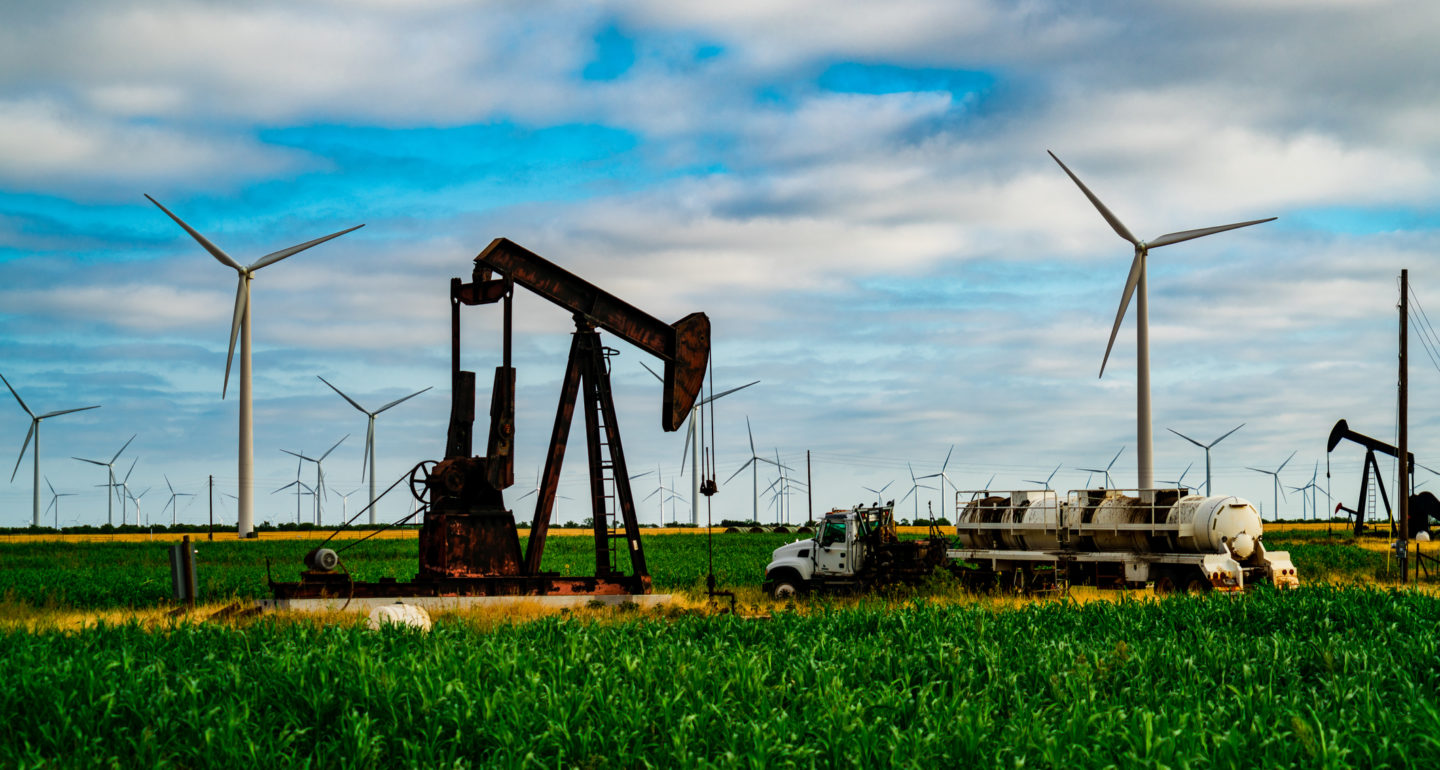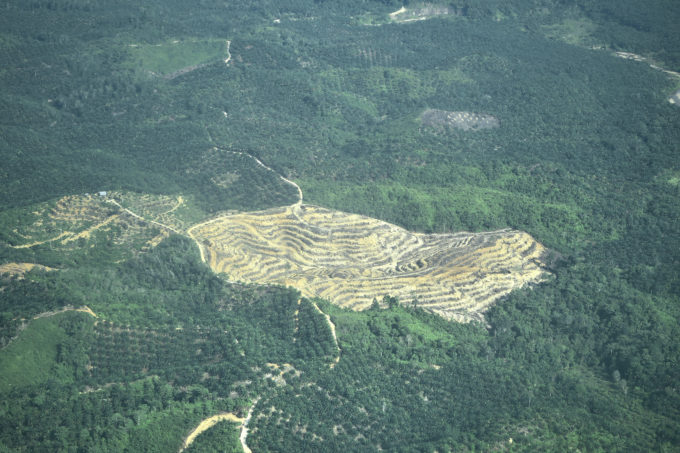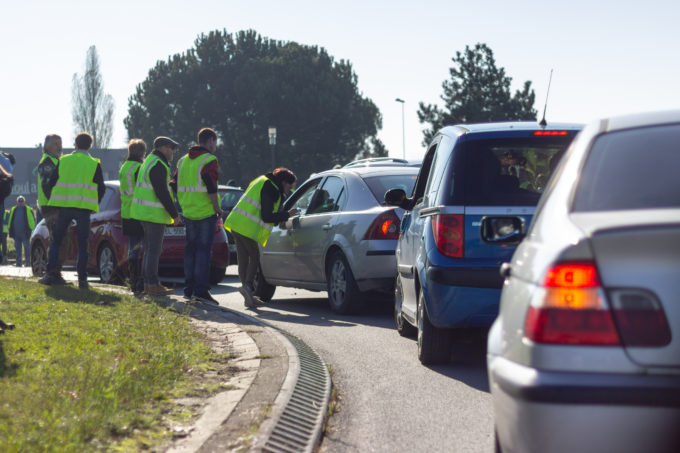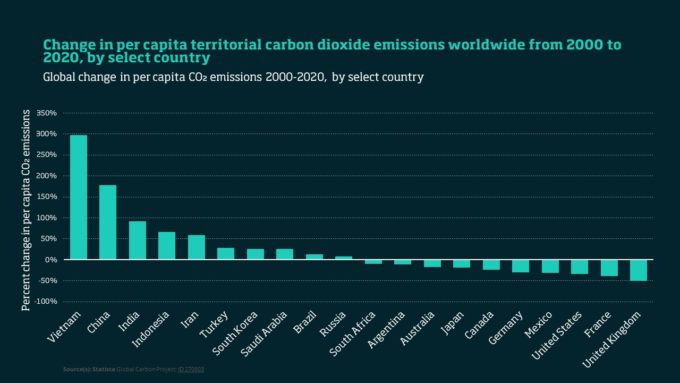Stranded assets are a real concern for businesses, investors and the financial sector, but they are only part of the picture. Stranded assets create a vicious circle that also involves stranded workers and stranded communities, as the workers at such sites lose their jobs and this leads to more widespread poverty as other businesses in these communities suffer from a decline in demand.
But insufficient attention is often paid to stranded workers and stranded communities. At COP26 in Glasgow, the Asian Development Bank launched its new Energy Transition Mechanism, to finance the early retirement of existing coal-fired power plants and their replacement with clean power capacity. The mechanism will be used initially to accelerate the transition from fossil fuels to clean energy in Indonesia and the Philippines but the aim is eventually to roll it out to other Asia Pacific countries. However, the ADB’s announcement contained barely any reference to the measures needed to help the workers in the coal plants and their supply chains, such as retraining or retirement benefits.
People everywhere are worried about losing their jobs as a result of measures to tackle climate change, as well as other factors such as globalisation and labour-saving technology, which is why the idea of a just transition is so important. A just transition means that the benefits of the energy transition are shared widely and that those who stand to lose economically are supported.
But it is a huge challenge. Governments everywhere are struggling with it, and there have been some significant failures.
French President Emmanuel Macron’s 2018 decision to increase the country’s taxes on diesel and gasoline was motivated by the laudable environment goal of reducing consumption of fossil fuels, but he ignored the social impact on those on modest incomes who needed to use their own vehicles to earn a living. The result was the Gilets Jaunes (Yellow Jackets) protest movement, and Macron eventually backed down.








